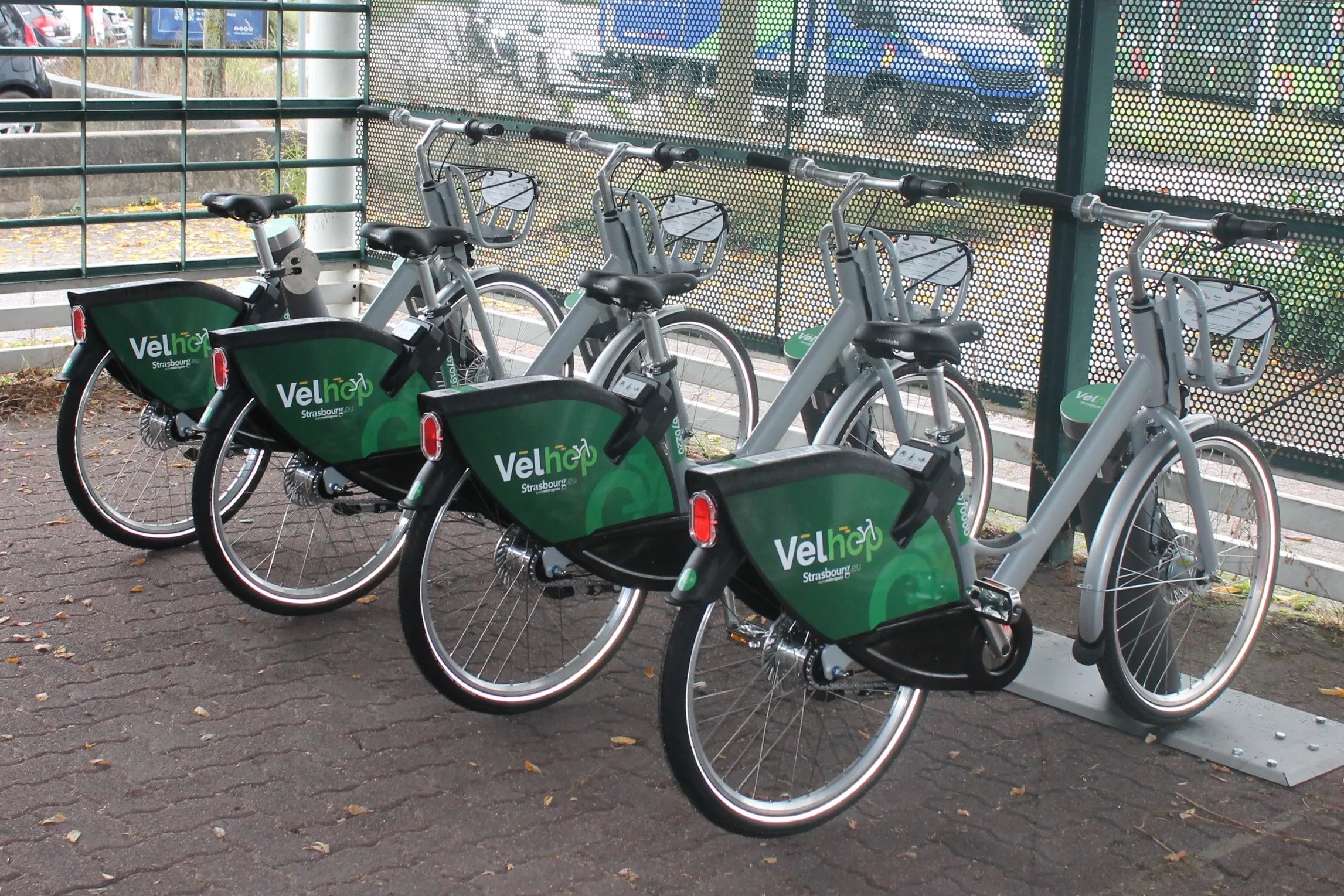
Vèlhop, the Strasbourg bike-share scheme, is now being operated with Nextbike by Tier hardware and software and will initially comprise 600 bikes across 40 stations.
Strasbourg Mobilités will operate the service using the Nextbike by Tier technology on behalf of Eurométropole de Strasbourg.
This will be the first time that the bikes from Leipzig-based Nextbike by Tier are available in France. The bikes will have seven gears and GPS tracking technology. The contract also includes the rental and operating system.
Vèlhop says the Nextbikes offer users improved comfort and are resistant to the elements and corrosion. Importantly, they are designed to resist attempts at damage thanks to internal wiring. A QR code, RFID reader and GPS box enable each bike to be geolocated as well as to be easily hired, parked and returned via the Vèlhop app.
Nextbike by Tier is a European bike-sharing provider offering pedal bikes, e-bikes and cargo bikes in more than 300 locations in 18 countries. The company is a brand of shared micromobility provider Tier Mobility.
Strasbourg, with a population of around 485,000, is the largest city in north-east France. It is the seat of several European institutions, including the Council of Europe, Eurocorps, the European Parliament and the European ombudsman of the EU.










